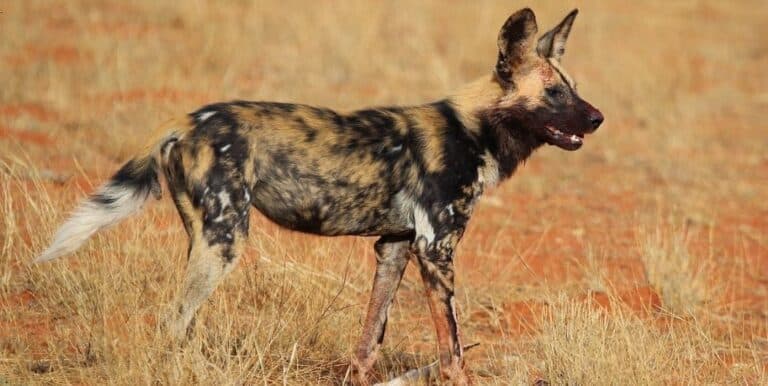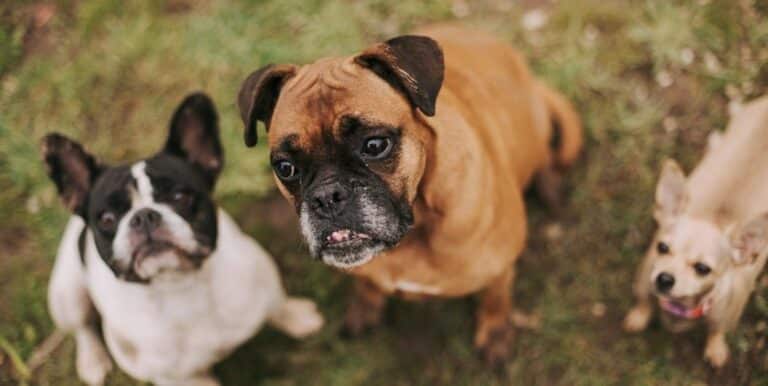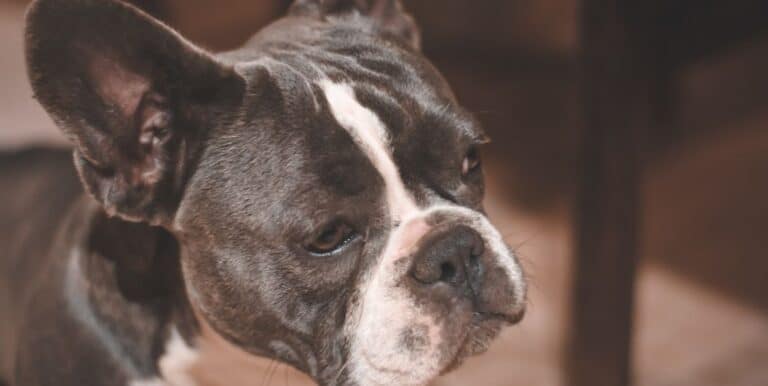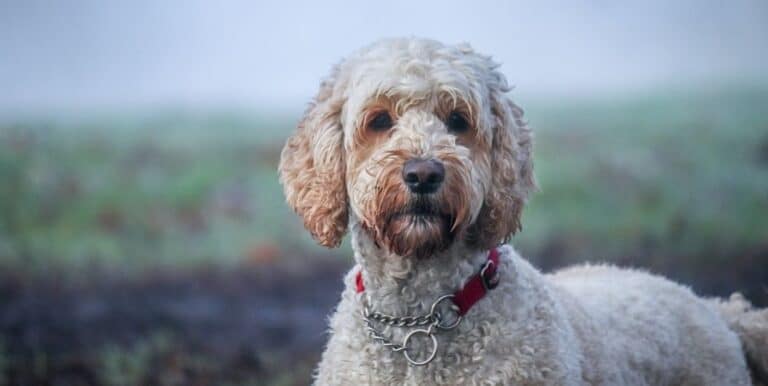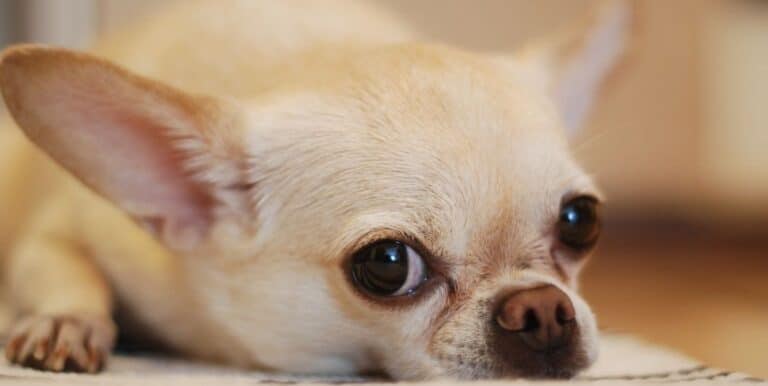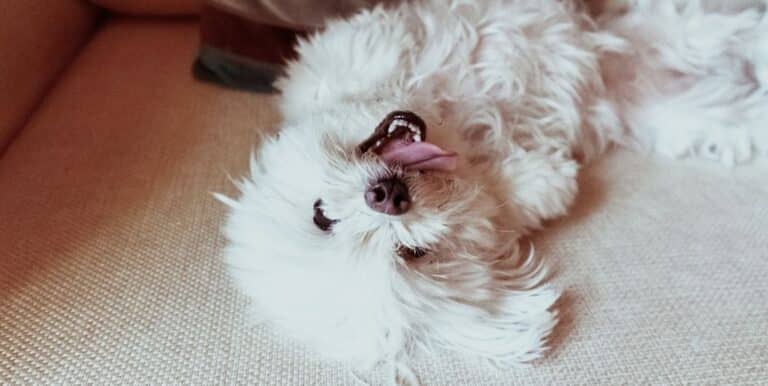How Do I Choose the Best Non-Shedding Dog?
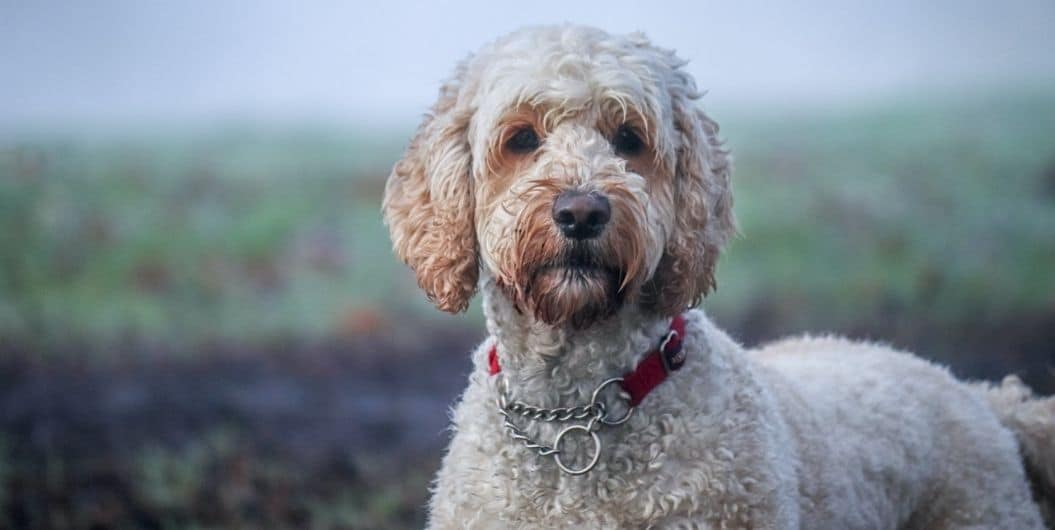
The process of choosing a non-shedding dog can differ depending on your specific needs. If you have allergies to most dogs, then you will need to diligently research your options, and may even want to spend some time with each potential breed. It is also important to remember that some dogs may trigger your allergies even if others of the same breed do not. If you just want a non-shedding dog because they are easy to clean up after, then you should base your choice on factors such as temperament, the space you have available for a dog, and the amount of time you will be able to spend training and exercising the animal. There are many different breeds that shed very little, so you should be able to find one to meet your specific needs in either case.
When you start looking for a non-shedding dog, it is important to remember that all dogs shed some amount. Some breeds are advertised as non-shedding since they produce very little dander, and do not go through extensive yearly shedding cycles, and others are even billed as being hypoallergenic. Different non-shedding breeds present varying amounts of actual shedding, and even animals within the same breed can shed differing amounts. If you want a non-shedding dog, then it is important to specify why so that you can select the right breed.
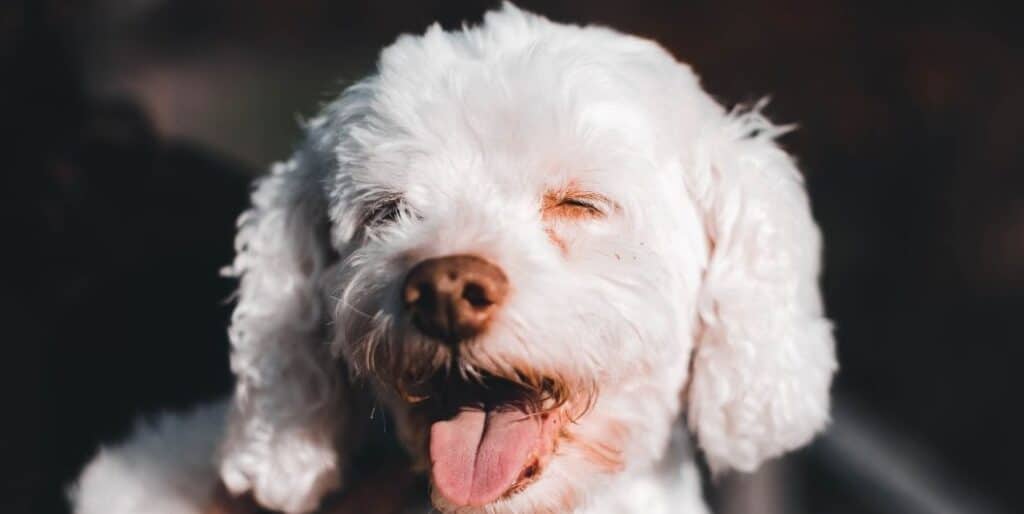
Some people love dogs, but can not be around them due to severe allergies. If you are one of those people, then you are probably interested in a non-shedding breed with hypoallergenic qualities. The most important factor to remember when looking for this type of dog is that a particular animal is not necessarily hypoallergenic just because a breeder makes that claim. One breed that is commonly referred to as hypoallergenic is the labradoodle, but only specifically bred labradoodles are actually hypoallergenic. If you are concerned about your allergies, it is important to spend time with a puppy, its parents, or other animals from the same breeding stock, in order to establish whether or not you will have an allergic reaction before committing to giving the god a home.
The other main reason to get a non-shedding dog is to avoid the extensive cleanup that comes along with a yearly shedding cycle. If that is your main concern, then you should look at a number of other factors when choosing your dog. There are a number of non-shedding breeds with a variety of temperaments and sizes, so you should select one that will fit your lifestyle. Poodles are often rated as being among the breeds that shed the least. Keep in mind that just because a dog may have short hare, this does not meant that it will not shed. For example, pugs have very short hair, but actually do shed a lot.

